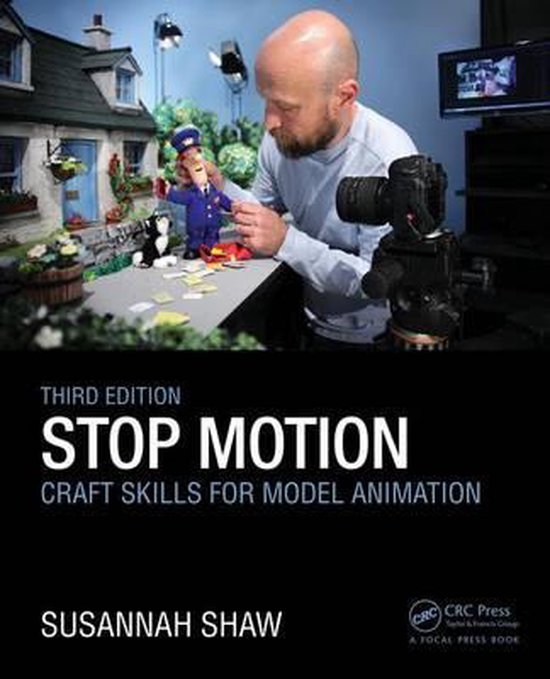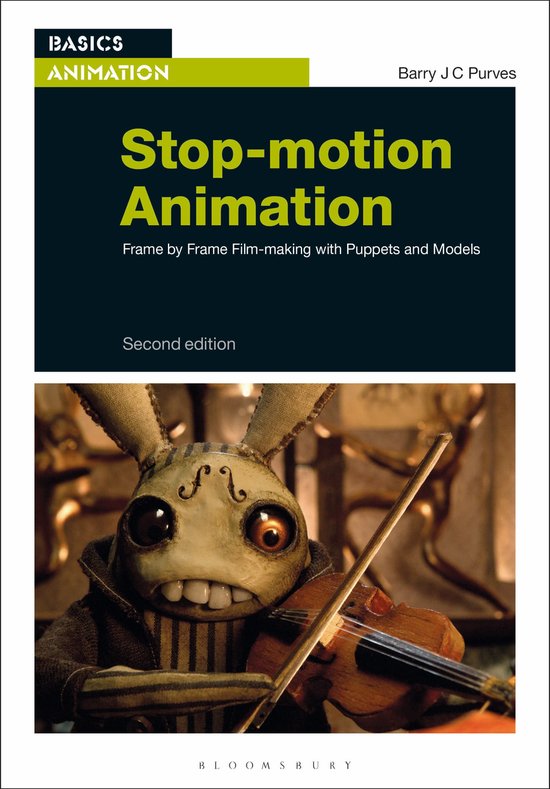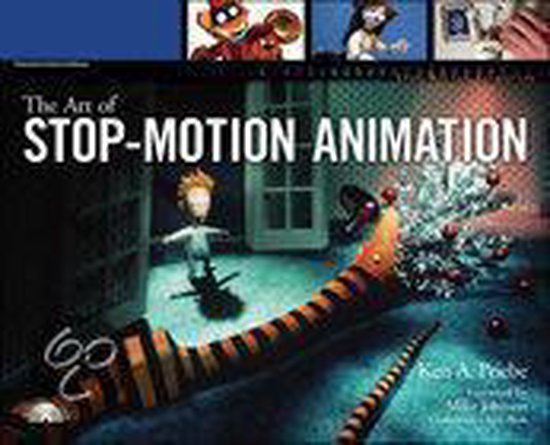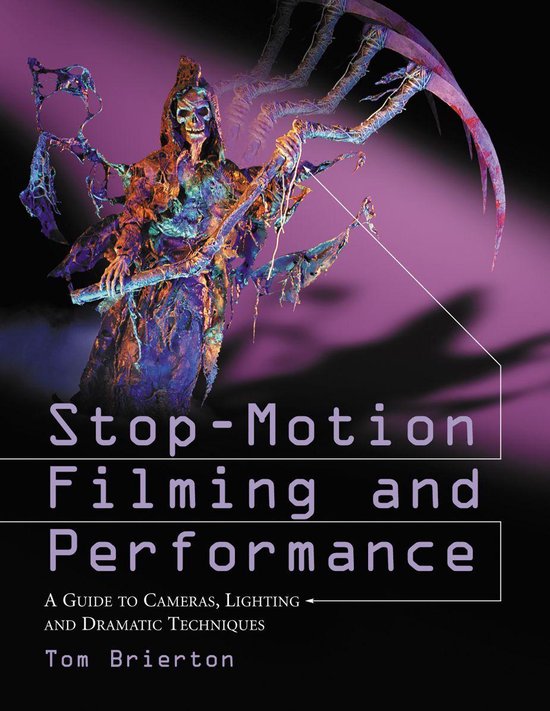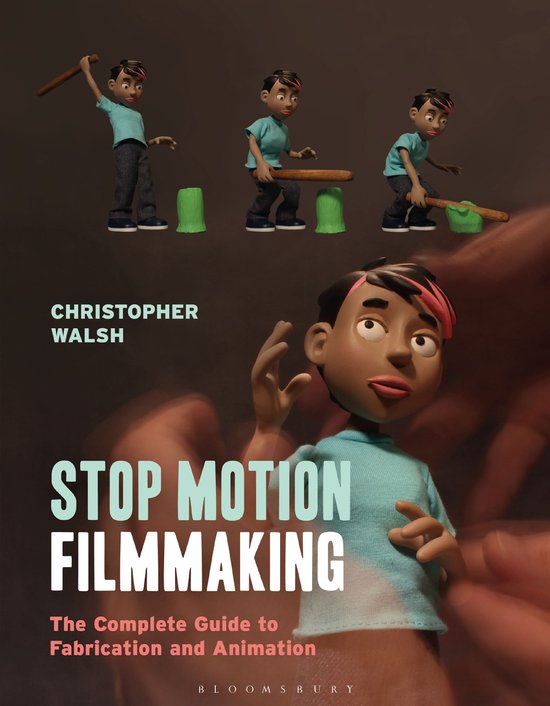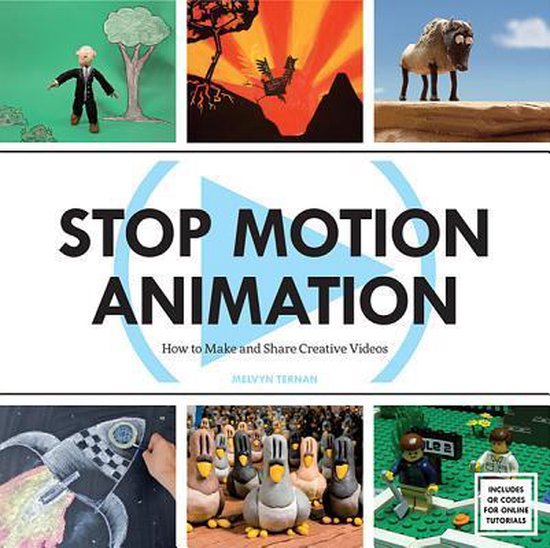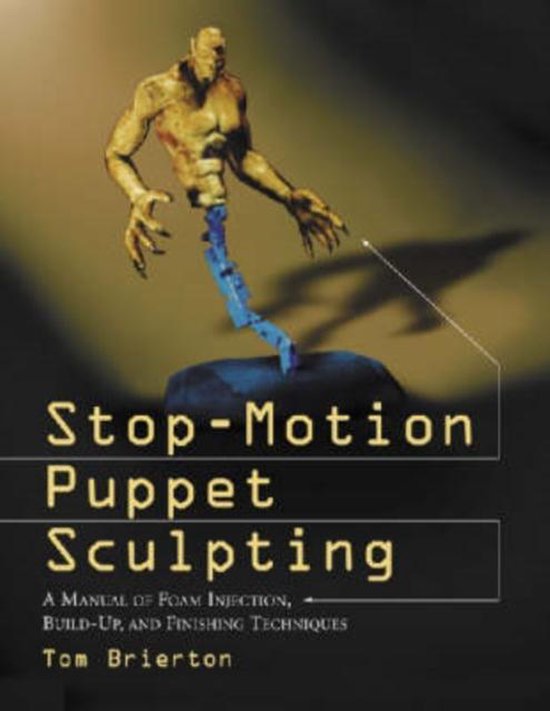
Stop-Motion Puppet Sculpting
This illustrated work explains research and design of puppets, and details the fabrication of stop-motion puppets around a metal armature skeleton using the build up and foam injection processes. The manual also covers the process of creating replacement heads using rubber moulds (such as RTV) and urethane castings and includes a glossary.
Stop-motion puppet animation is one of the most unusual and demanding art forms in the world. It uses a variety of skills, including design, sculpting, metal work, mold making and casting, taxidermy, filmmaking, storytelling and acting, and can be seen in the simplest commercial spots on television to more complex animated shorts and science fiction and fantasy feature films. This work explains research and design of puppets, and details the fabrication of stop-motion puppets around a metal armature skeleton using the build up and foam injection processes. The former technique uses pre-cut blocks of foam formed with a pair of scissors or other instrument into the shape desired and attaching them to the armature. In the latter technique, the character is sculpted in clay over the armature. This clay sculpture is then replaced with foam by using a plaster mold and injection gun techniques. Finishing techniques described include the making of hair, eyes, eyelids, teeth, horns, nails, and chitinous (insect-shell-like) surfaces. The manual also covers the process of creating replacement heads using rubber molds (such as RTV) and urethane castings.
Stop-motion puppet animation is one of the most unusual and demanding art forms in the world. It uses a variety of skills, including design, sculpting, metal work, mold making and casting, taxidermy, filmmaking, storytelling and acting, and can be seen in the simplest commercial spots on television to more complex animated shorts and science fiction and fantasy feature films. This work explains research and design of puppets, and details the fabrication of stop-motion puppets around a metal armature skeleton using the build up and foam injection processes. The former technique uses pre-cut blocks of foam formed with a pair of scissors or other instrument into the shape desired and attaching them to the armature. In the latter technique, the character is sculpted in clay over the armature. This clay sculpture is then replaced with foam by using a plaster mold and injection gun techniques. Finishing techniques described include the making of hair, eyes, eyelids, teeth, horns, nails, and chitinous (insect-shell-like) surfaces. The manual also covers the process of creating replacement heads using rubber molds (such as RTV) and urethane castings.
| Auteur | | Tom Brierton |
| Taal | | Engels |
| Type | | Paperback |
| Categorie | | Kunst & Fotografie |
